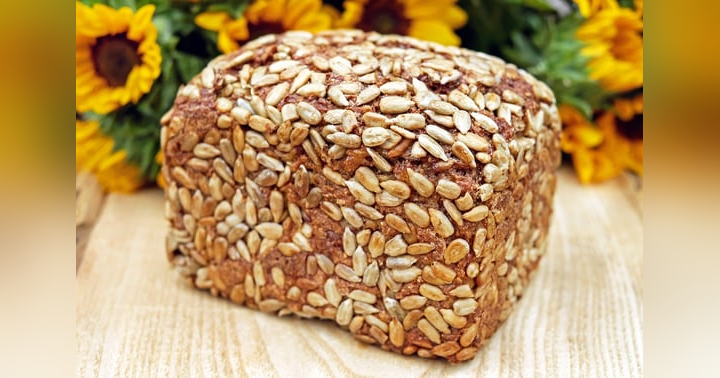Keep Your Kippah On (Ki Seitzei)
As the summer was winding down and “going to camp” was being replaced with “going to school,” my wife told my 3-year-old daughter: “You are not going to camp anymore because now it’s the Fall, so now it’s time for school.” A few hours later, when I came home from work, my daughter ran over to me and said, “Daddy, I am not going to camp anymore because my camp ‘falled’ down!”
In her innocent little 3-year-old brain, my daughter had understood “not going to camp anymore because now it’s the Fall” to mean that her camp had fallen down! To be honest, you cannot blame her, after all, how is she supposed to know the difference between the noun-usage of the word “Fall” and the verb-usage of the word “fall”?
On the topic of “fall,” the Torah in this week’s Parshah, Parshas Ki Seitzei, commands us to put up a fence/railing on the roof of a new house, so that no person should fall off the roof and get hurt, or worse: כִּ֤י תִבְנֶה֙ בַּ֣יִת חָדָ֔שׁ וְעָשִׂ֥יתָ מַעֲקֶ֖ה לְגַגֶּ֑ךָ וְלֹֽא־תָשִׂ֤ים דָּמִים֙ בְּבֵיתֶ֔ךָ כִּֽי־יִפֹּ֥ל הַנֹּפֵ֖ל מִמֶּֽנּוּ – When you build a new house, you shall make a parapet for your roof, so that you do not bring bloodguilt on your house if anyone should fall from it.
If you read through the English translation quickly, I implore you to read it again. Let’s give a hearty tip of the hat to whoever came up with the word “parapet.” It’s up there as one of the greatest English words ever created. Alright, and now back to the inspirational message.
The Shla”h HaKadosh (Derech Chaim 5) says an amazing thing: ועשית מעקה לגגך (דברים כב, ח). מצאתי רמז, גג הוא גבוה, ורומז שיעשה גבול לגאוה. ואם לאו, משם תהיה נפילתו, כי יפול הנופל ממנו, לפני שבר גאון (משלי טז, יח) - The allegorical meaning of making such a railing on one’s roof may be that one has to set limits to one's pride. The roof is the highest point of the house, and symbolizes pride; the railing represents a restriction on one's pride.
We see from these words such an important idea. A person is SUPPOSED to have pride; be confident and prideful. Hashem made you YOU; you are unique, and no one was like you, is like you, or will ever be like you. However, says the Shla”h, there has to be a גבול, a limit to one's pride. גאוה is only healthy when it has a גבול; when it is in the right frame of mind, the right box, and the right context.
The word מעקה has the numerical value of 216, the same as יראה. Homiletically, when the Torah says ועשית מעקה לגגך – and you shall make a fence/railing/PARAPET for your roof – perhaps we are being taught about the importance of covering our heads with a Yarmulka (ירא מלכא). Although we must go through life feeling prideful and confident, a head covering allows us to be humble and realize there is Someone above us. It gives a גבול, a limit and a context, to the גאוה that we are supposed to have.








